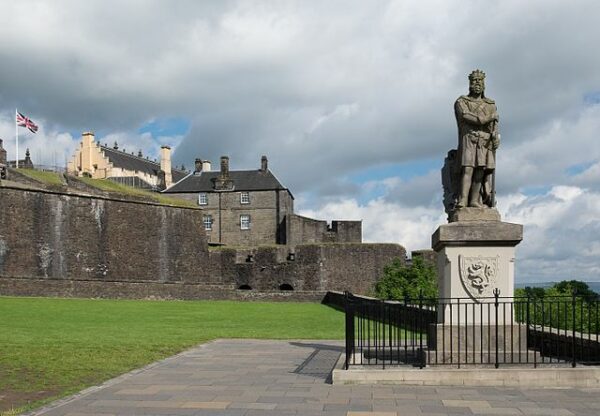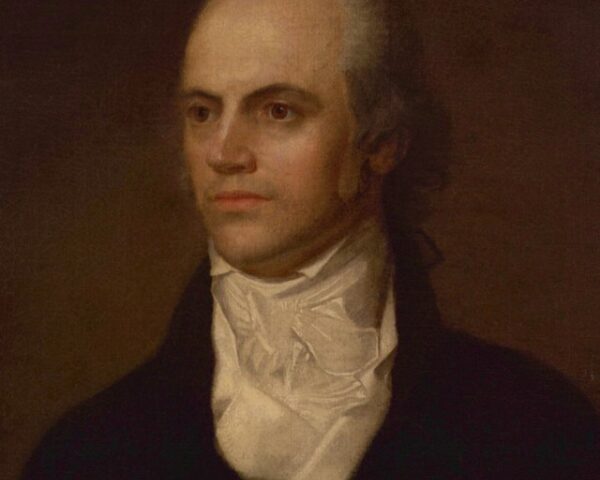By the autumn of 1322, the long and bitter war between England and Scotland reached a decisive turning point. King Edward II, whose disastrous leadership had already been exposed in his defeat at Bannockburn eight years earlier, faced a resurgent Robert the Bruce determined to secure Scotland’s independence once and for all. The confrontation came in the rugged hills of Yorkshire, at a place called Old Byland, where Bruce delivered a humiliating blow that compelled Edward to accept the reality of Scottish sovereignty.
In the years following Bannockburn, Bruce had consolidated his rule over Scotland and turned to offensive operations in northern England. His raids—swift, disciplined, and devastating—kept English forces off balance and drained their morale. Edward, desperate to restore his prestige, attempted a northern campaign in 1322, marching deep into Yorkshire with an army that lacked coherence and loyalty. His authority had been undermined by internal rebellion and by the lingering influence of his favorites, particularly Hugh Despenser the Younger, whose greed and cruelty alienated England’s nobility.
When Bruce’s scouts learned that Edward’s forces were encamped near the abbey of Byland, the Scottish king saw an opportunity to strike. He moved south with remarkable speed, his army consisting largely of light infantry and hardened Highlanders accustomed to moving across difficult terrain. Commanding the English defenses was John of Brittany, Earl of Richmond, supported by several barons loyal to Edward. They occupied strong ground along the escarpment above the village—an imposing position, but one that Bruce’s tactical genius would soon outflank.
At dawn on October 14, Bruce ordered a diversionary assault up the steep slopes, drawing English attention toward the front. Meanwhile, his lieutenant, Sir James Douglas—known as “the Black Douglas”—led a contingent of Highlanders along a hidden path to attack from the flank. Another division under Thomas Randolph, Earl of Moray, pressed the center. Within hours, the English line began to buckle under coordinated pressure from three directions. Richmond’s forces fought bravely but were overwhelmed, and the defense collapsed into a rout.
Edward II, positioned a few miles to the south, was nearly captured in the chaos. Contemporary chroniclers record that he fled in haste, abandoning his baggage and personal treasures. His escape was so desperate that he barely reached York before the Scots overran his rear guard. The humiliation was total. One English chronicler wrote bitterly, “Never was king of England so shamed.” For Bruce, the victory was more than military—it was political. The campaign demonstrated that Edward could no longer project power north of the Humber, let alone impose his will upon Scotland.
The Battle of Old Byland effectively ended English attempts to reconquer Scotland during Edward’s reign. In the aftermath, Bruce’s forces roamed freely across northern England, exacting tribute from towns and monasteries. The English treasury, already exhausted by years of mismanagement, could not sustain another campaign. With his domestic position crumbling and his barons in revolt, Edward had little choice but to seek peace.
By 1323, an uneasy truce was in place, and when the Treaty of Edinburgh-Northampton was finally signed in 1328—after Edward’s deposition and the accession of his son—it formalized what Old Byland had already made inevitable: England’s recognition of Scotland as a free and independent kingdom. The document declared that Scotland “shall remain to the magnificent prince Robert and his heirs and successors free from the rule or claim of the kings of England forever.”
Old Byland thus stands as one of Robert the Bruce’s crowning triumphs, less famous than Bannockburn but equally decisive in its consequences. It was the moment when Scotland’s independence ceased to be a matter of rebellion and became a matter of fact. In a single day’s battle, fought among the cold ridges of Yorkshire, Bruce not only broke the English army but shattered the illusion of English dominion. His victory at Old Byland transformed a generation of resistance into a lasting nationhood—one secured by courage, cunning, and an unyielding will for freedom.






